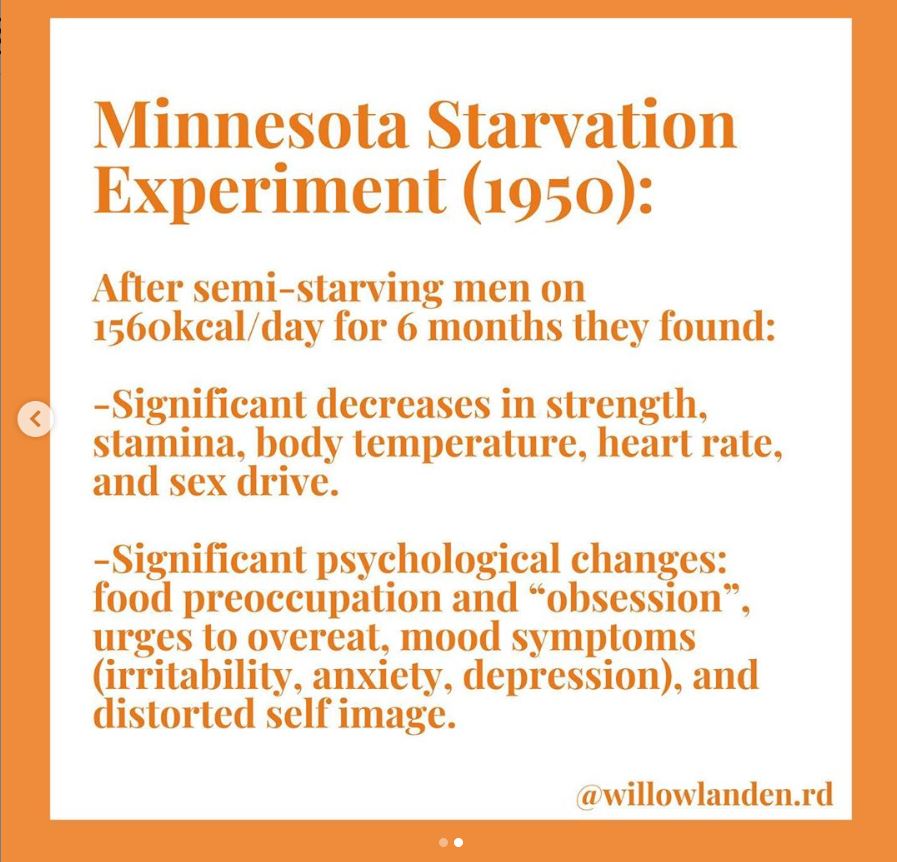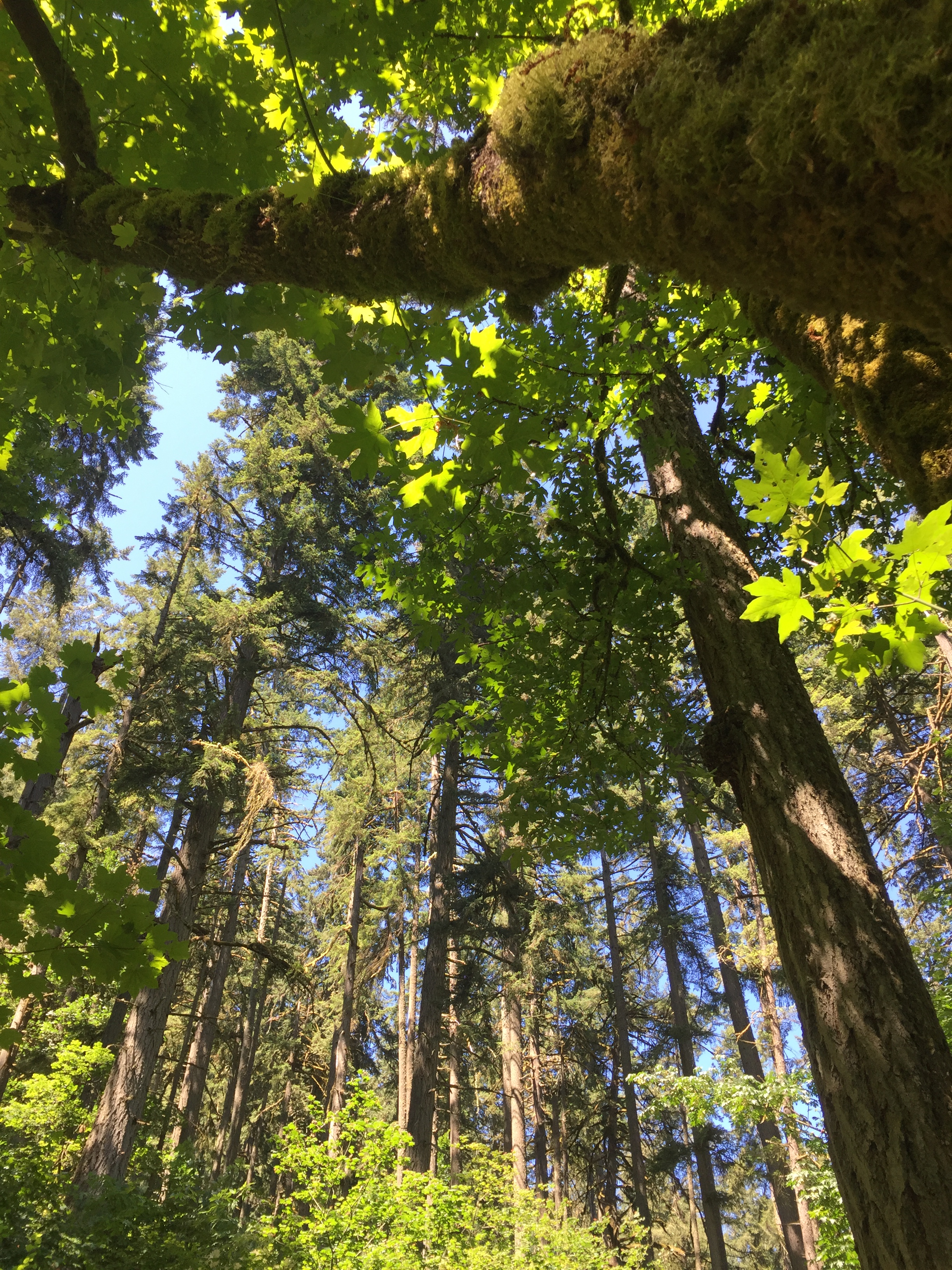
Lately, I’ve returned to reading two books. First the Purgatorio, the second in Dante’s Divine Comedy. My former English professor and deacon at my church in Corvallis has been leading a weekly class lately guiding us through the Purgatorio and the timing feels just about right since the class began the Wednesday of Holy Week and is leading us through this continued period of staying at home and distancing. Purgatory—the place between two more known-of places—seems the perfect description for where we all are now.
If there’s anything I can pick up from Dante’s 14th century poem, it’s that it gets easier as we keep going.
The other book I’ve begun again is Sajah Popham’s Evolutionary Herbalism: Science, Spirituality, and Medicine from the Heart of Nature—a reading I encourage everyone, yes everyone to read. For it guides you back to a perspective I think we all had as children and lost along the way.
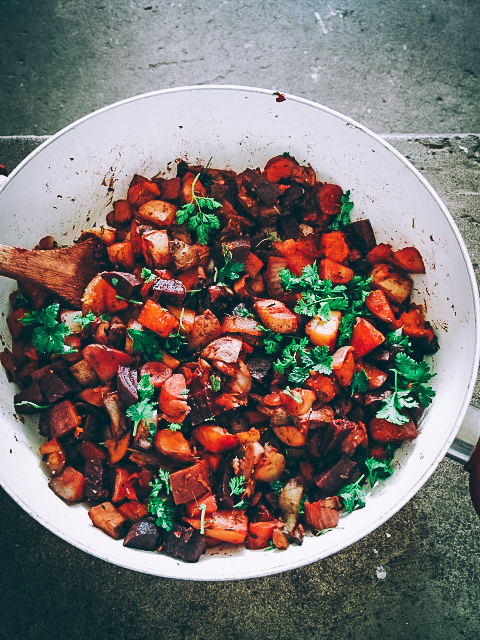
I’ve been considering a lot these last few weeks. About this space, this encouraging journal and recipe guide of sorts, my role as a nutritionist and in the community, health and true wellness, and of course, nature.
On that note, I wrote in two questions for a couple of favorite podcasts a few months ago and surprising to me, both questions were answered by the respective individuals this past week. Unsurprisingly –if you know me—my questions were on the topics of sustainability and having a lower ‘footprint’ as a company, and on navigating faith and spirituality amongst busy seasons and family traditions that don’t partake in that faith. I know. I know. I like to ask the tough questions.
So why am I bringing all that up here? This past week my big questions semi-paralleled with those of Brett Farrell, the founder of Territory Run Co., for which I am a content ambassador and contribute seasonal articles. Brett spoke about his own big questions, the clothing industry’s own climate footprint, challenges with community, and more. Check out those here and here. As well as recent contributions on the Territory Run Journal – there are several excellent and thoughtful articles there lately.

What I was really reminded of however, was that in a conversation with Brett about a year ago, I spoke about the draw of trail running, the joy and peace and healing it has brought me personally, and about getting to the know the medicine around me—literally coming to know the plants I spend time with on the trails. Though I’ve only written or spoken about it in pieces, I came to an interest in herbs and herbalism like a lot of individuals. I was really sick, in a way that modern medicine wasn’t going to cure or even temporarily fix. And after a while of taking various herbs and formulas which my doctor gave me, and around the same period spending more of my running hours in the forest, the plants reached out to me and pulled me in, sometimes sharing themselves in profound ways –like being pulled to a stop suddenly alongside a trail, staring captivatedly at one, and (internally) asking, who are you? Crazily enough at times, I’d find I had my answer when the plant’s name simply came to the edge of my tongue, when if you’d asked on any other day, I wouldn’t have known it. In fact, it happened again today.

And then Brett asked me another ‘big question’ about what it is I really want people to know in regards to nutrition and health. My answer is one I still will give and one I’ll likely give for the rest of time. What I really want you to know about nutrition and health is that if you get quiet enough – go deep enough into the forest’s eternal wisdom, and your own—you’ll find you already have the answers to the questions you seek.
To explain this more since the concept can be a little esoteric, I’ll refer to a couple lines from Sajah’s first two chapters:
To begin gathering natura sophia (the intelligence of nature), we must learn to see beyond the limitations our modern world has placed upon our perception and see the living intelligence of the Earth. And this can only be done through gnosis cardiaca—the knowledge of the heart.
and
To truly enter the kingdom of nature we must suspend our rational thought, let go of our knowledge of botany and chemistry, even dispense with our systems of herbalism—for any potential interference of the mind will get in the way of our capacities to directly perceive the intelligence within the plants. To move beyond herbal knowledge and into herbal wisdom, we must tread the pathway down the mind into the inner temple located just inside our chest.
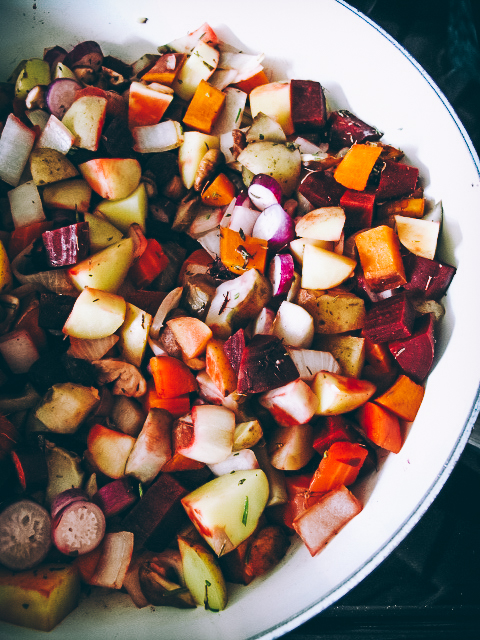
Bringing this back down to earth even a little more, the answers to these big questions don’t come easily, they don’t necessarily just appear when we ask them or when we want them to. There can be many layers to the answers of how to be a better patron of the planet, or how to balance a spiritual life in faith with the goings on of the ‘real world,’ or how to heal – truly heal the body and mind.
Over time, I’m beginning to realize my role here is to educate about true wellness, about true healing, to be more of the guide—the Virgil and/or the Beatrice (though I claim no Godlike abilities)—and no longer the lost and hurting Dante who I was for a long time. To provide encouraging words yes, and recipes to nourish the body yes, and with those working with me clinically, proven scientific strategies to heal root cause imbalances yes. But it’s also to remind you, to remind us, that we also have the answers. That we’re not victims.
In every relationship whether it’s with me your nutritionist, your coach, your chiropractor or PT, your family and friends, your life partner, or with the plants in your window box, yard, locally farmed vegetable box, or forest, there’s an opportunity for a two-way conversation, a partnership to come to the answers that are already within you waiting to be revealed.
Maybe that’s the point of this slow down period we’ve been given, for I know it’s not for many millions to suffer. Maybe it’s the time to return to our childlike ways, picking the dandelions and blowing our wishes into the big questions, letting the answers present themselves in their own time and way.
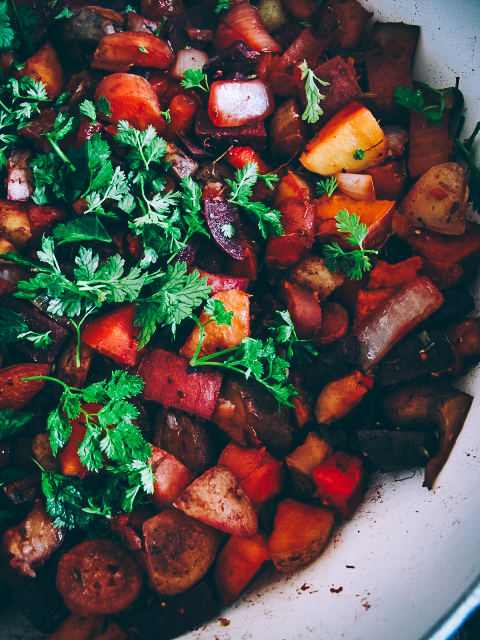
Now for this hearty brunch hash.
You’ll need a hearty, though not heavy, meal to refuel the system after your time in the forest– or wherever you go to dwell in your own big questions and their answers. I’ve shared the recipe over on the Run Journal at Territory Run Co. Get the full article and recipe here.


